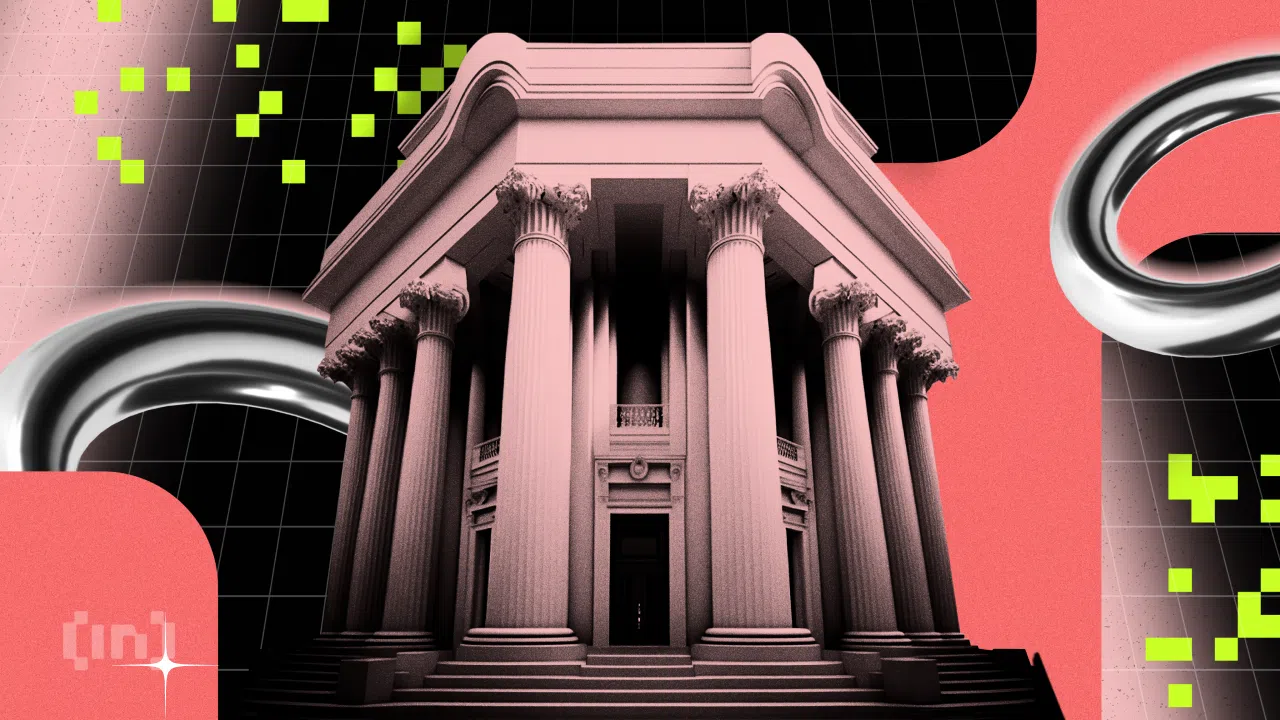Bancor Protocol Faces Lawsuit for Allegedly Misleading Investors

[ad_1]
A class action lawsuit is underway against the founders of Bancor Protocol. Plaintiffs accuse the exchange of misleading investors and causing significant financial losses.
A class action lawsuit has been filed against the founders of Bancor Protocol, an automated crypto asset exchange. Plaintiffs allege they mislead investors and caused substantial financial losses. A group of plaintiffs, alongside others in a similar situation, has collectively filed a lawsuit against the founders of Bancor Protocol, as well as BProtocol Foundation and Bancor DAO.
Bancor Protocol Systems
The plaintiffs assert that the defendants lured them with promises of risk-free investments. They allegedly did this to compensate for undisclosed deficits within their online crypto asset exchange. Not only were these promises false, according to the lawsuit, but those who made them knew quite well they were bogus.
The founders of Bancor Protocol, who established the BProtocol Foundation in 2017, introduced an automated method for trading crypto assets. The protocol acts as an “automated market maker” (AMM), pooling investors’ crypto assets to create a functional exchange.
In return, investors are offered a share of the fees collected from traders on the platform.

Allegations of Misleading Pitches and Financial Losses
While Bancor Protocol is purportedly governed by a decentralized autonomous organization (DAO) called Bancor DAO, the lawsuit claims that the defendants retained significant control over the platform’s operations. This extended not only to its capital, employees, and code but also involved manipulation and domination of the Bancor DAO, effectively granting the defendants near-total control.
To attract liquidity providers (LPs) and remain competitive, Bancor Protocol sought ample liquidity across diverse crypto assets.
Defendants introduced different versions of Bancor, with Version 2.1 prominently featuring “impermanent loss protection” as an enticing feature for LPs. This protection aimed to safeguard LPs against losses incurred when depositing assets into the exchange. As a result, Bancor Protocol successfully attracted over $2.3 billion worth of crypto assets.
With the “impermanent loss protection” feature, investors believed their funds were safe.
However, the lawsuit alleges that Version 2.1’s implementation exacerbated weaknesses within the protocol. Defendants were allegedly aware of these shortfalls and the related risks but hid them from LPs while trying to get around the problem through increased liquidity and undisclosed analyses.
Nevertheless, these efforts failed to cover the impermanent loss protection guarantee, allegedly resulting in severe financial losses for LPs.
Bancor DAO: Not So Decentralized?
In May 2022, Bancor Protocol launched Version 3 with an enhanced investment program known as the LP Program. Defendants marketed the program to LPs, offering “100% protection” against impermanent loss and claiming consistent payment coverage for previous versions.
However, just 19 days after the program’s launch, large withdrawal requests triggered payment obligations that the defendants allegedly failed to honor. This caused substantial financial harm to investors, according to the complaint.
The plaintiffs argue that the LP Program constitutes a binding investment contract and a security under US law. They contend that the defendants could have complied with relevant registration and disclosure requirements.
They and other class members would thus have avoided losses amounting to nearly 50% of their investments. As a result, the plaintiffs have asked for damages, restitution, and other forms of relief.
Disclaimer
In adherence to the Trust Project guidelines, BeInCrypto is committed to unbiased, transparent reporting. This news article aims to provide accurate, timely information. However, readers are advised to verify facts independently and consult with a professional before making any decisions based on this content.
[ad_2]
Source link

